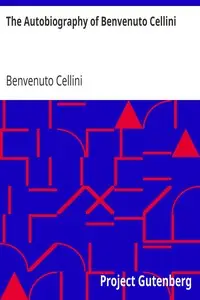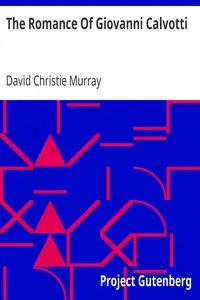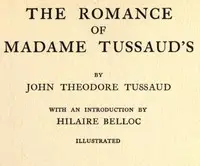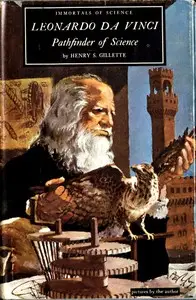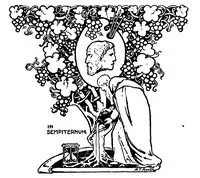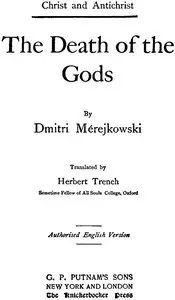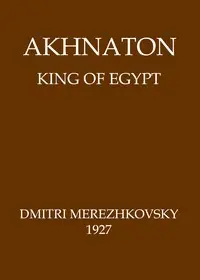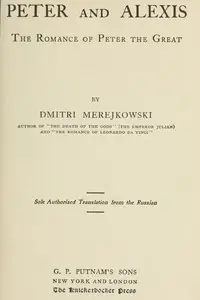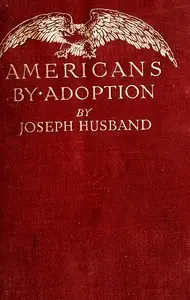"The Romance of Leonardo da Vinci, the Forerunner" by Dmitry Sergeyevich Merezhkovsky tells the story of Leonardo da Vinci, an artist in the Renaissance, and paints a picture of his life and the struggles he faced in a society caught between old traditions and new ideas. Beginning in Florence in 1494, the story shows a world where humanism and strict church rules clash, seen through characters like Messer Cipriano Buonaccorsi and Giovanni Boltraffio. Giovanni, Leonardo’s apprentice, hopes to find his way as an artist while dealing with difficult beliefs and customs. The story sets the stage for understanding Leonardo's character and the opposing beliefs of his time, focusing on both his amazing artistic talent and the problems he encountered because of the culture around him.
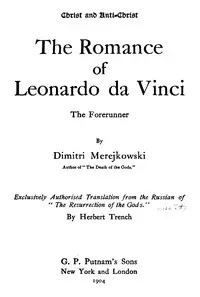
The Romance of Leonardo da Vinci, the Forerunner
By Dmitry Sergeyevich Merezhkovsky
In a time of artistic brilliance and strict traditions, an aspiring artist must navigate religious dogma to uncover his truth while serving one of history's greatest Renaissance men.
Summary
About the AuthorDmitry Sergeyevich Merezhkovsky was a Russian novelist, poet, religious thinker, and literary critic. A seminal figure of the Silver Age of Russian Poetry, regarded as a co-founder of the Symbolist movement, Merezhkovsky – with his wife, the poet Zinaida Gippius – was twice forced into political exile. During his second exile (1918–1941) he continued publishing successful novels and gained recognition as a critic of the Soviet Union. Known both as a self-styled religious prophet with his own slant on apocalyptic Christianity, and as the author of philosophical historical novels which combined fervent idealism with literary innovation, Merezhkovsky became a nine-time nominee for the Nobel Prize in literature, which he came closest to winning in 1933. However, due to contested claims that he expressed regard for Fascism as a lesser evil than Communism during the outbreak of war between Germany and the USSR shortly prior to his death, his work largely fell into neglect after World War II.
Dmitry Sergeyevich Merezhkovsky was a Russian novelist, poet, religious thinker, and literary critic. A seminal figure of the Silver Age of Russian Poetry, regarded as a co-founder of the Symbolist movement, Merezhkovsky – with his wife, the poet Zinaida Gippius – was twice forced into political exile. During his second exile (1918–1941) he continued publishing successful novels and gained recognition as a critic of the Soviet Union. Known both as a self-styled religious prophet with his own slant on apocalyptic Christianity, and as the author of philosophical historical novels which combined fervent idealism with literary innovation, Merezhkovsky became a nine-time nominee for the Nobel Prize in literature, which he came closest to winning in 1933. However, due to contested claims that he expressed regard for Fascism as a lesser evil than Communism during the outbreak of war between Germany and the USSR shortly prior to his death, his work largely fell into neglect after World War II.

